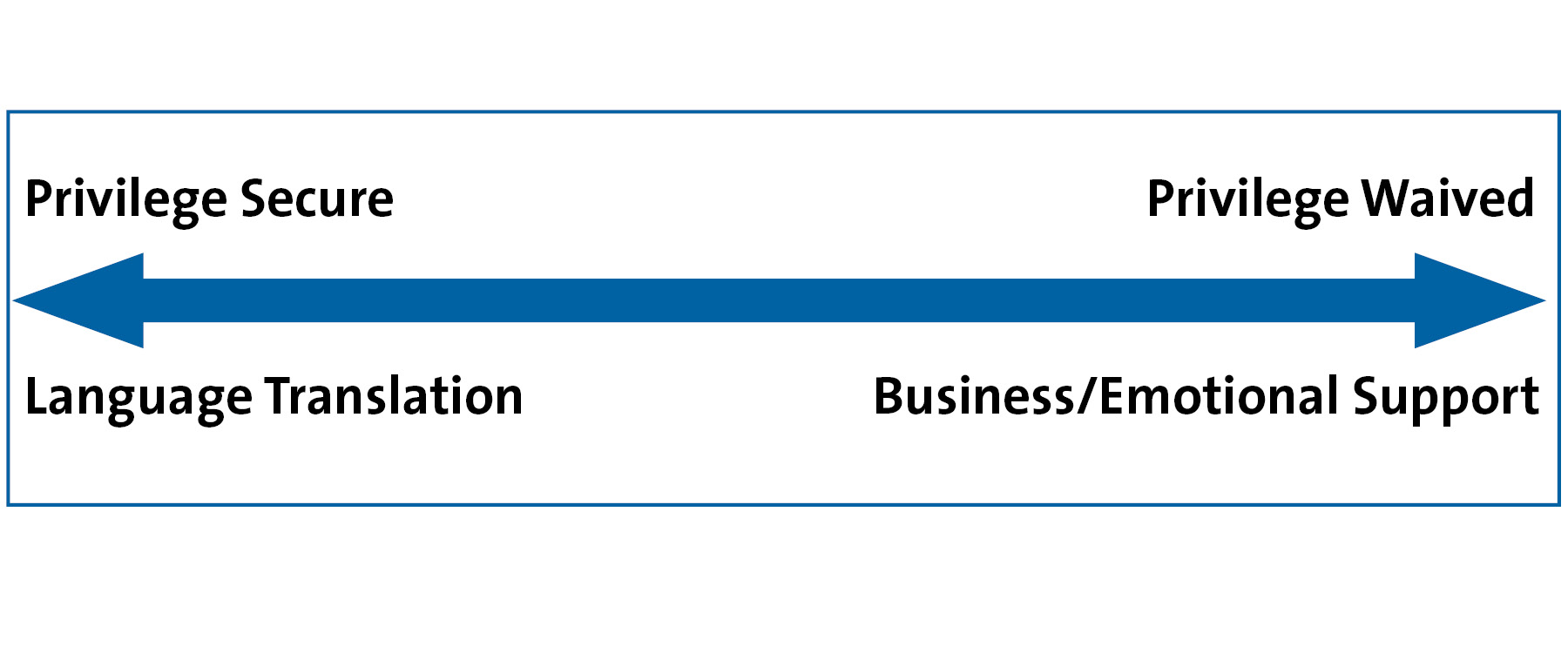In order to understand why and how to handle situations where an attorney-client communication may not be privileged, let’s first look at the basics: the attorney-client privilege is a rule of law that protects from disclosure private communications between an attorney and client that are for the purpose of giving or receiving legal advice. As such, communications with an attorney that seek business advice are not privileged. Further, because so many in-house attorneys routinely provide both business and legal advice, it is critically important that they educate their business colleagues about this, or problems can arise.
Take this example, which really happened to one of my in-house clients a few years ago. As a meeting amongst a group of business executives was about to begin, the CEO
… Keep reading


